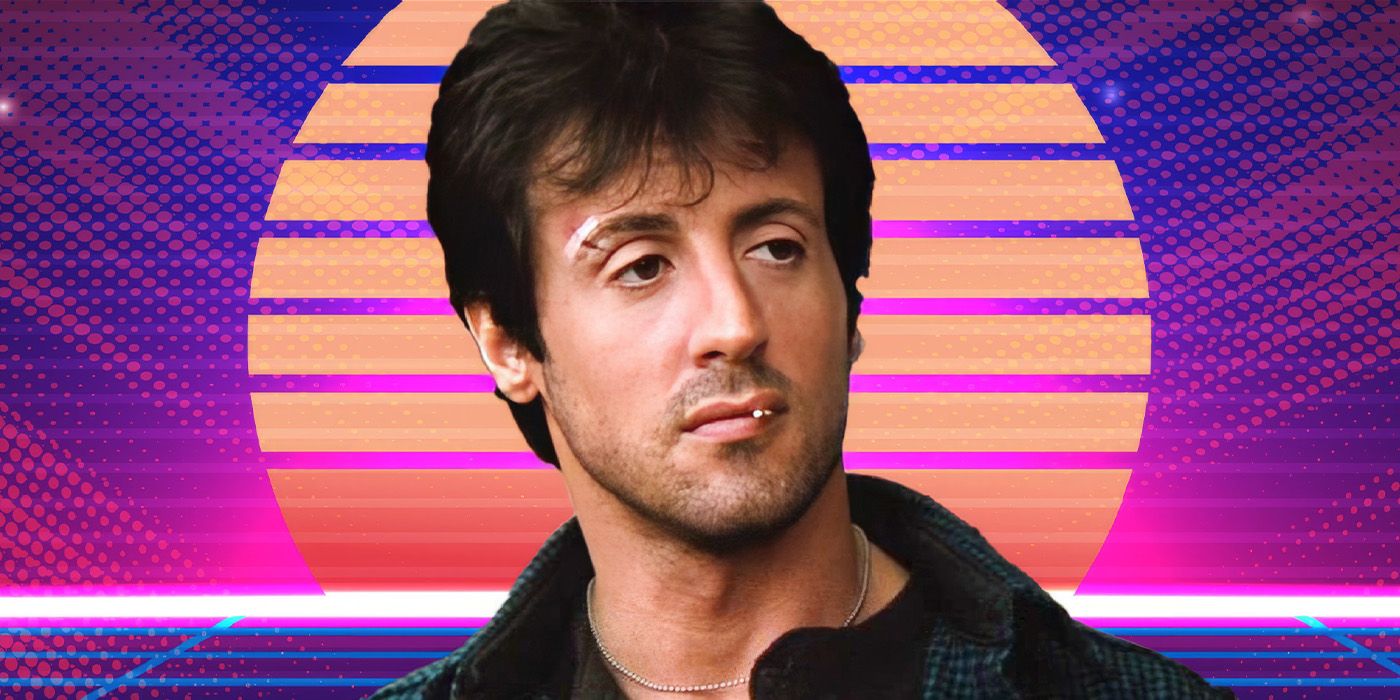Stallone's Forgotten Action Flop: A Violent Attempt to Rival Dirty Harry

For nearly five decades, Sylvester Stallone has been the cinematic embodiment of the human underdog, portraying characters who rise from the ashes like the proverbial phoenix—or in his case, more like a would-be boxing champ with a remarkably robust jaw. From Rocky Balboa, who fought more than just a boxing bout, to John Rambo, eternally in search of peace amid chaos, Stallone has always known how to charm audiences into rooting for him. Now, in his latest streaming sensation, *Tulsa King* on Paramount+, the world is once again falling in love with Stallone, this time as Dwight Manfredi, a mafia capo who ambitiously aims to build his empire in the heart of the deep South.
However, not long ago, Stallone found himself in an identity crisis of sorts. When he first tried to break free from the tightly secured chains of the underdog image, audiences didn’t quite know how to react. Can you blame them? In 1985, he reigned as the number one box office sensation thanks to *Rambo: First Blood Part II* and *Rocky IV*, leaving behind the days when he was the struggling artist trying to convince studio executives that perhaps, just perhaps, he wasn’t just a one-hit wonder.
Transitioning from a sensitive leading man to an invincible action hero, Stallone took his bulging biceps and a small armory to the streets of Los Angeles as a no-nonsense cop in *Cobra* (1986). With its iconic matchstick-chomping Stallone brandishing a laser-sighted Uzi, a franchise seemed inevitable. But, alas, the film didn’t spark the same devotion from audiences that *Rocky* and *Rambo* did. It was conceived during a time Stallone was originally set to star in *Beverly Hills Cop*, picturing a “Bruce Springsteen with a badge.” However, after an unfortunate clash with Paramount’s budgets, he had to recycle those ideas into something fresh and new, ultimately fashioning himself into LAPD Lt. Marion “Cobra” Cobretti, a character whose humanity seemed to be as tangled as his plotline.
Assigned to hunt down the notorious serial killer known as the Night Slasher (played with a zeal that might make even a haunted house feel cheerful by Brian Thompson), Cobra discovers that this killer is nothing short of a card-carrying member of a kooky social Darwinist cult called “The New World.” They are out, it turns out, to get rid of murder witnesses, one of whom is played by none other than Stallone's then-wife, Brigitte Nielsen. The film brings everything an action movie lover yearns for: a staggering body count, breathtaking stunts, and visuals so stylish they might as well have been draped in silk. Yet, peel back the layers and you’ll find *Cobra* glaringly lacks any semblance of humanity.
Sylvester’s Cobra aligns more with Rambo’s brooding intensity than Rocky’s effervescent optimism. Think Clint Eastwood’s Dirty Harry, only with more leather and less relatability. Dressed entirely in black and sporting aviator sunglasses like a man who’s just stepped off a motorcycle rather than a police cruiser, Cobra operates outside the norms of typical police conduct. He prowls like a savage lion over his prey—dealing with hostage situations not with negotiation but with unyielding aggression, making him look like a guy who may need a little therapy after all, not just an arsenal of weapons.
Despite those sleek black threads and his vintage ‘50s Mercury Eight, there’s a crucial element missing: the emotional pull that made Rocky and Rambo resonate with us. Instead, Cobra’s solitary tendencies and ruthless work ethics push him closer to the territory of the very evildoers he hunts. He appears lost in his existence, sacrificing everything—not just his social life, but apparently, his taste buds as well—eating frozen pizzas cut in half with garden scissors (who knew that was a thing? Perhaps it’s a method reserved for loneliness?).
In the sea of colleagues who can’t quite relate to his peculiar pastimes, the only one trying to crack that tough exterior is murder witness Ingrid Knudsen (Nielsen), who finds herself under Cobra’s protective eye. Their connection, comfortably glued together by a mutual love for ketchup-drenched fries, sadly resembles nothing of the romantic chemistry Stallone shared with Adrian in *Rocky*. Oh, how we yearn for that depth of emotion! In *Cobra*, the leading lady seems to serve more as an accessory to Stallone’s tough guy facade than as a genuine love interest.
Part of what holds Cobra back is a lack of backstory—what makes this woefully focused man

